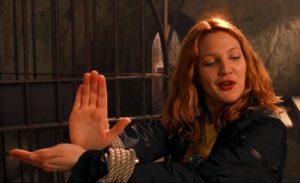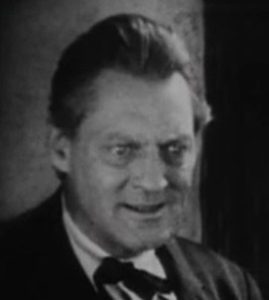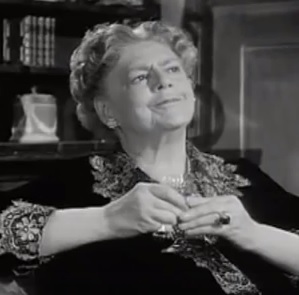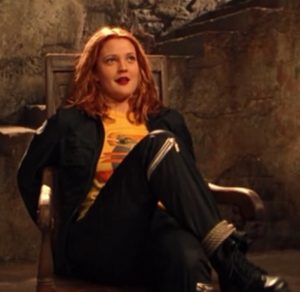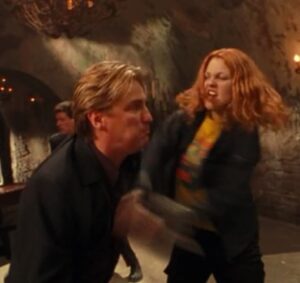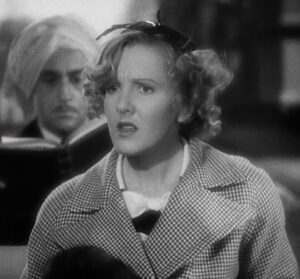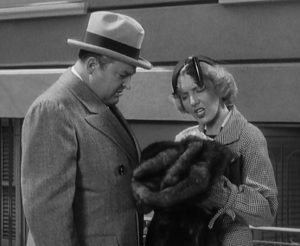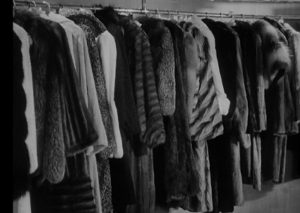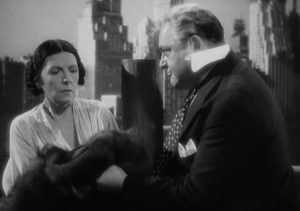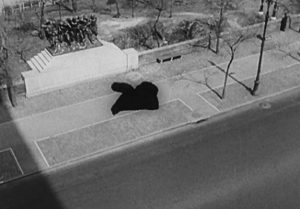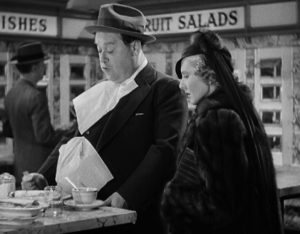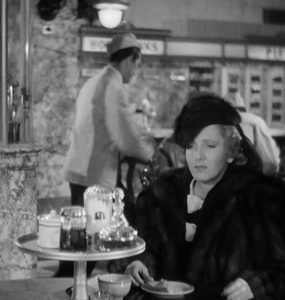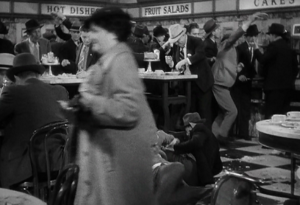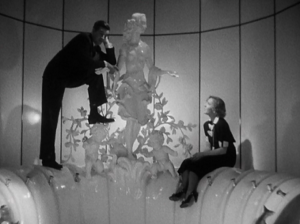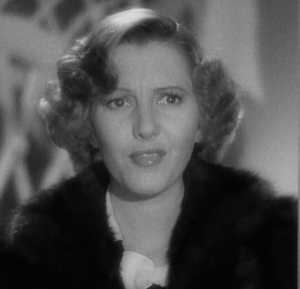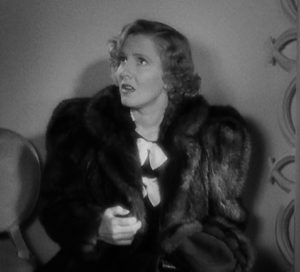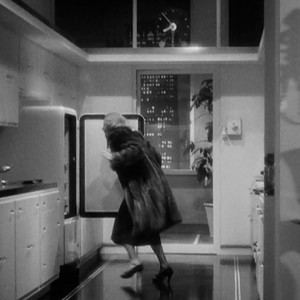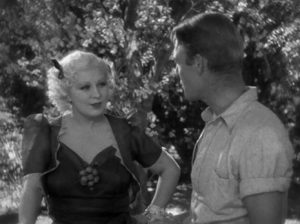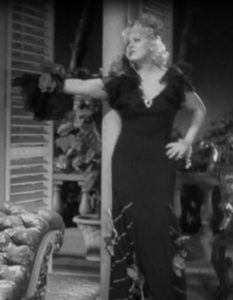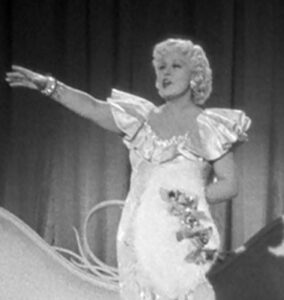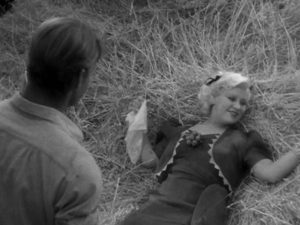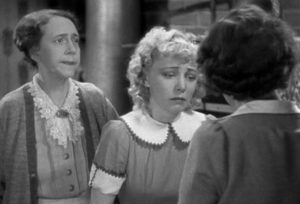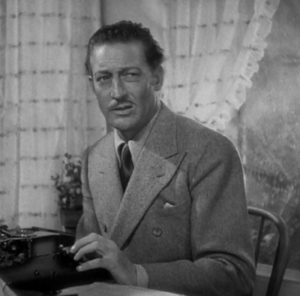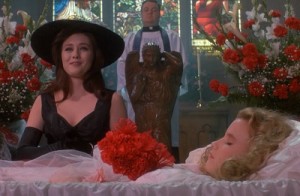A Classic Film for Media Critics: Ace in the Hole
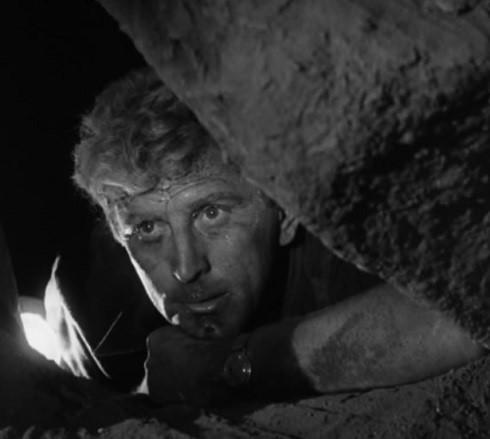
This fall, the media is a top-trending topic (surprising in a season when we’ve lost Jon Stewart’s acerbic touch): Ted Cruz won applause for attacking the media, Spotlight accolades for celebrating them. For the second year in a row, news-centered movies have garnered Oscar buzz; this year, it’s the biopic about a Pulitzer-winning investigative reporting team; last year, it was the scathing Nightcrawler, which satirized junk TV news with its sadly accurate refrain: “if it bleeds, it leads.”
Maybe these movies and headlines are why Ace in the Hole (1951) sprung to my mind when film bloggers Sister Celluloid and Movies Silently asked for posts on gateway films to lure the classic-movie-hesitant. Surely, the film that coined the term “circus” to capture a media-driven extravaganza should be viewed by both news cynics and fans.
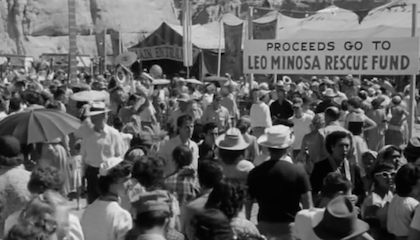
Before Network and Absence of Malice unsettled notions of the media’s integrity, and long before Jake Gyllenhaal creeped viewers out with his road to tabloid success, Billy Wilder asked: How far would a reporter go to get a story? His dark answer might have hurt box offices returns in his day, but in ours, Kirk Douglas’ turn as the ruthless, immoral newspaperman is mesmerizing.
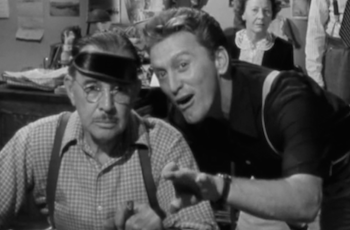
If you avoid old movies because you consider them cheesy or overly optimistic, Ace in the Hole is quite a cure. Here’s the scenario: Down-on-his-luck reporter Chuck Tatum (Kirk Douglas) happens into a small town in New Mexico, where a foolish hunter of Indian burial site treasures, Leo (Richard Benedict), has become trapped under a mountain, blocked by rocks that will cave in on him if he moves. Inspired by a similar scenario that earned writer William Burke Miller a Pulitzer, Tatum decides he’ll be the victim’s sole contact, and bilk the accident for all it’s worth. When his cub reporter companion questions Tatum’s wish for a prolonged rescue, Tatum snaps, “I don’t make things happen. All I do is write about it.”
Of course, Tatum immediately proves the lie of his words, sweet talking an engineer and sheriff into the long route to Leo. A rescue that should only take hours stretches for days, with hyped-up tourists and aspiring entrepreneurs and newspaper staffs quick to follow. Eventually, a carnival even arrives.
The only potential obstacle to all this hoopla–Leo’s wife–is not exactly distraught.
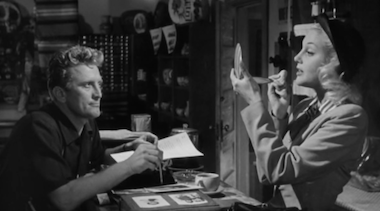
How’s this for spousal support: Lorraine (Jan Sterling) figures with Leo stuck, she can take off on him without interference; when Tatum attacks her betrayal, she throws his motives back at him: “Honey, you like those rocks just as much as I do.” Since Tatum needs the lovely, worried wife for his stories, he convinces her to stay—by pointing out all the money the media vultures will bring with them, and by seducing her now and then.
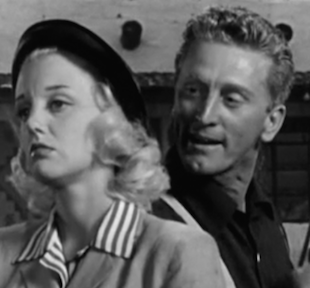
Tatum fully enjoys the maelstrom he’s created. He has become the hero who takes the dangerous trek to give Leo comfort daily. He even enjoys Leo’s friendship–with no real guilt. Tatum is so shameless he even agrees to the “honor” of Leo’s father loaning him his own room, even if it means dodging Leo’s silent mother, who spends the entire film praying. But when the trapped man’s health starts to decline, with hours still to reach him, the reporter’s long-dormant conscience starts to emerge. The question, of course, is whether it’s too late.
The role of Tatum is ideal for Douglas, who is never better than when he plays a character like this: oily, smart, cynical, smug, self-assured, and sexy. Despite Tatum’s cruelty, it’s hard not to root for an anti-hero so lacking in illusions, especially about himself.
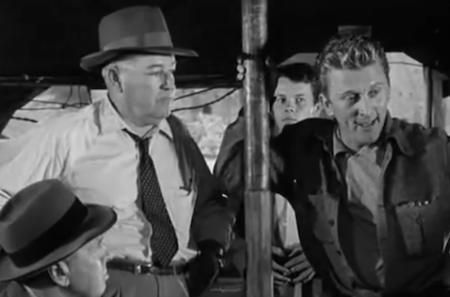
When Lorraine quotes his writing to him, praising its eloquence, Tatum snaps back, “Tomorrow this will be yesterday’s paper, and they’ll wrap a fish in it.”
Lorraine’s right, of course: This film boasts some of writer/director Wilder’s (and his coworkers’) finest lines. Although not his most celebrated film, it’s clearly one of the master’s best. Any media lover/hater is a fool to miss it.
This post is part of the “Try It, You’ll Like It!” Blogathon, hosted by Sister Celluloid and Movies Silently. For more movies that might bring non-classic-film lovers into the fold, click here!


